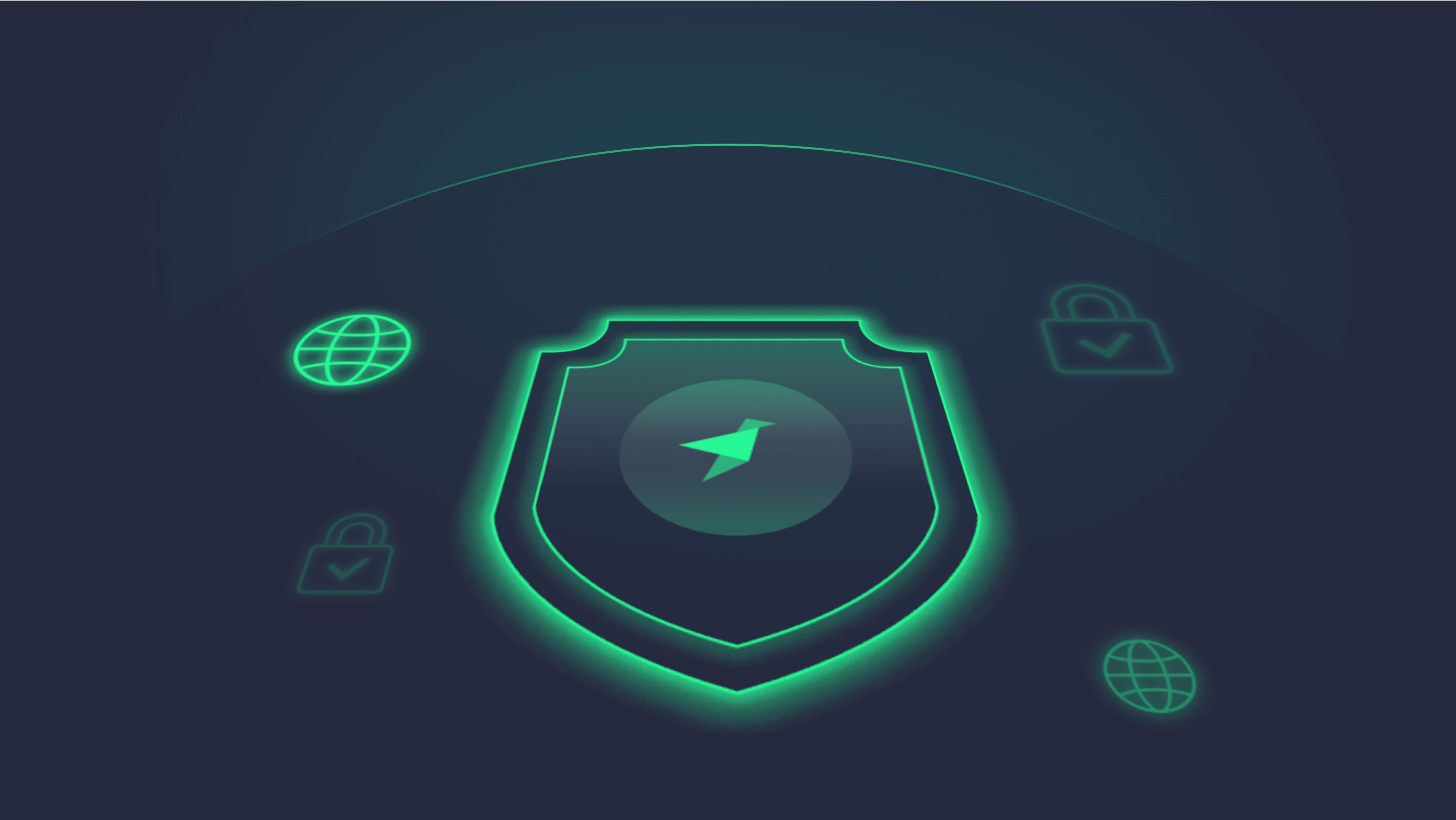Tinybird is now HIPAA compliant
Tinybird has achieved compliance with the Health Insurance Portability and Accountability Act (HIPAA). Learn more about our commitment to data privacy and security.

Tinybird is happy to announce that our platform has achieved compliance with the Health Insurance Portability and Accountability Act (HIPAA).
This big milestone makes it possible for us to serve a broader community of data engineers and developers and underscores our commitment to the highest standards of data security and privacy.
You can learn more about our data security policies and access the Tinybird Trust Center at tinybird.co/security. If you are considering Tinybird for healthcare use cases, you can request a demo or start building for free.
What Does HIPAA Compliance Mean?
HIPAA is a U.S. law designed to protect sensitive patient health information from being disclosed without the patient’s consent or knowledge. For organizations handling Protected Health Information (PHI), a certificate of HIPAA compliance demonstrates that you have taken and continue to take the necessary actions to safeguard against data breaches, unauthorized access, and other risks that could compromise patient confidentiality.
In achieving both HIPAA compliance and SOC 2 Type II compliance, Tinybird has implemented stringent security and privacy measures across our entire platform to ensure the security and privacy of PHI along with all other client data. This includes adhering to rigorous standards for data encryption, access control, audit logging, and incident response, among others.
Why HIPAA Compliance Matters
Data, especially real-time data, is becoming increasingly important for healthcare organizations to improve patient outcomes, streamline operations, and drive innovation. This data comes with the responsibility to protect patients and their private information from potential threats. Tinybird has achieved HIPAA compliance so that healthcare providers who want to build powerful real-time analytics use cases with sensitive personal health data can do so with confidence that the data is private and secure without compromise.
Trust is earned, not given. Our compliance not only helps our customers meet regulatory requirements but also builds trust. That trust allows our healthcare industry customers to focus on what they do best - delivering care - while Tinybird securely handles the complexities of real-time data processing.
PHI vs. PII
It’s important to distinguish between Protected Health Information (PHI) and Personally Identifiable Information (PII). PHI refers specifically to any information in a medical context that can be used to identify an individual and relates to their health status, provision of healthcare, or payment for healthcare services. This includes data such as medical records, billing information, and any other details that could be linked to a person’s health condition.
On the other hand, PII encompasses a broader category of information that can be used to identify an individual, such as names, addresses, social security numbers, or phone numbers, but it doesn’t necessarily have to be related to health information. PII is concerned with general privacy and security across various sectors, whereas PHI is strictly tied to healthcare and is governed by specific regulations under HIPAA.
The difference between PHI and PII matters because of the different regulatory requirements and protections that apply to each. PHI is subject to stricter controls under HIPAA, meaning that any entity handling PHI must adhere to stringent security measures to protect it. For organizations like Tinybird, achieving HIPAA compliance is crucial when working with PHI, as it ensures that they meet the necessary legal standards to protect sensitive health information. Understanding and properly distinguishing between PHI and PII allows organizations to implement the appropriate safeguards and maintain compliance with relevant regulations, thus protecting both the individuals whose data is being handled and the organization from potential legal and financial repercussions.
What This Means for Our Customers
For our existing healthcare customers, this achievement means that they can continue to use Tinybird to process, analyze, and manage their data with peace of mind, knowing that their operations fully comply with HIPAA regulations. For prospective customers, this serves as a reassurance that Tinybird is committed to meeting the highest standards of data protection.
HIPAA compliance also opens new doors for us at Tinybird, allowing us to better serve a broader range of healthcare organizations, from hospitals and clinics to insurance companies and health tech startups. We are excited to support these organizations in unlocking the power of real-time data while maintaining the strictest security protocols.
In accordance with HIPAA, Tinybird is prepared and able to enter into Business Associate Agreements (BAA). To see if you qualify for a BAA, please contact us.
Our Ongoing Commitment to Security
Tinybird views security and compliance as continuous processes. We continue to monitor and refine our platform, code, and practices to make sure we remain compliant and provide a highly available, secure, and private real-time data platform for our customers.
To learn more about Tinybird's data security posture and to access security and privacy resources, please visit tinybird.co/security.
